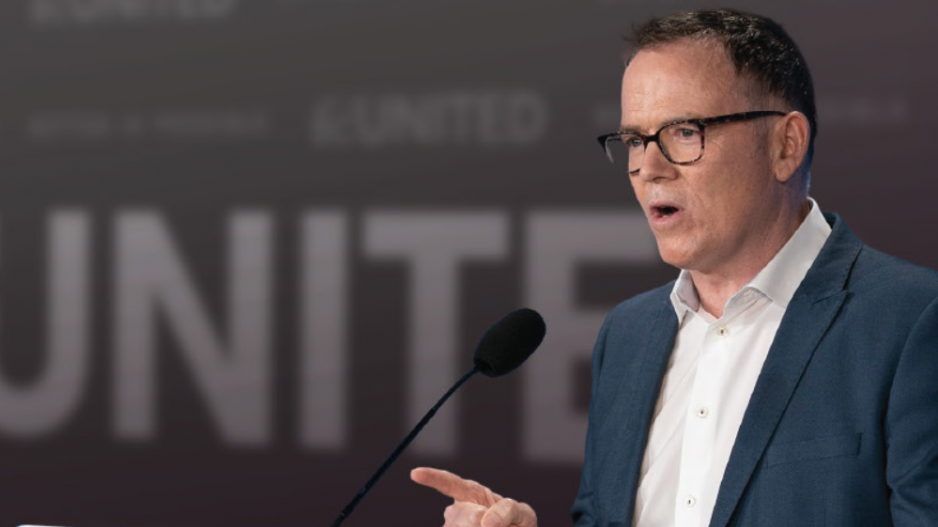BC United – formerly the BC Liberal Party, which introduced carbon taxes, a low-carbon fuel standard, the Clean Energy Act and electric vehicle rebates – would scrap the NDP’s CleanBC plan, go all-in on LNG, and end “unfair subsidies” for electric vehicles, if it were to form government in the next election.
BC United Leader Kevin Falcon announced Tuesday a BC United government would scrap the CleanBC plan and replace it with “a commonsense plan that will build B.C.’s economy, create jobs, and grow peoples’ paycheques, all while reducing global greenhouse gas emissions.”
“The NDP’s so-called CleanBC Plan will kill jobs, kill paycheques, kill billions in funding for vital public services and plunge our province into a recession,” Falcon said in a press release. “The NDP’s plan won’t even make a dent in global greenhouse gas emissions, but British Columbians will pay an enormous price."
It's unclear whether a BC United government would also scrap B.C.'s carbon tax. A rising carbon tax is "foundational" to the CleanBC plan, but was in place long before the current NDP government introduced the CleanBC plan.
B.C.'s carbon tax was introduced by the Gordon Campbell Liberals in 2008, paused at $30 per tonne of CO2 by the Christy Clark Liberals, and now sits at $65 per tonne.
If the provincial carbon tax were to be eliminated, a federal backstop tax would kick in, at least until 2025, which is when the next federal election is scheduled. Federal Conservative Party Leader Pierre Poilievre has vowed he would scrap the federal carbon tax, if elected prime minister.
In addition to scrapping CleanBC, Falcon said he would “go all-in on B.C. LNG, displacing reliance on coal abroad, reducing global greenhouse gas emissions and improving our economy at home.”
He also said he would end subsidies for electric vehicles.
“Hardworking, lower income folks should not be subsidizing Teslas for the wealthy in the middle of an affordability crisis,” the news release stated.
Rebates for EVs were originally introduced in B.C. by the previous B.C. Liberal government.
Falcon said he would replace CleanBC with alternate policies, such as prioritizing emissions reduction approaches like carbon capture and storage and electrification of the LNG sector. A BC United government would also overhaul forestry management and wildfire response to reduce emissions from forest fires.
Falcon pointed to a recent analysis by Ken Peacock, chief economist for the Business Council of BC (BCBC), which used the B.C. government’s own economic modelling to warn the B.C. economy may be $28.1 billion smaller in 2030 than it is today, thanks to the CleanBC plan.
Falcon warned that the CleanBC plan could result in economic growth in B.C. slowing to just 0.4 per cent in 2030, which he said would be the lowest growth rate in B.C.’s history, and that household incomes could plummet by $11,000 annually and result in 200,000 job losses. A shrinking economy would lead to nearly $3 billion in lost tax revenue.
“We need commonsense measures that will grow our economy and actually fight climate change, rather than punishing hardworking Britsh Columbians who are just trying to make ends meet," Falcon said.
NDP caucus was quick to react to Falcon’s release by saying B.C.’s emissions have been declining while the economy has grown by 14.4 per cent since 2017, when it formed government. It also noted that B.C. added 47,500 jobs so far this year.
“Last year’s job creation is three times higher than when Kevin Falcon was Finance Minister,” the news release states.



